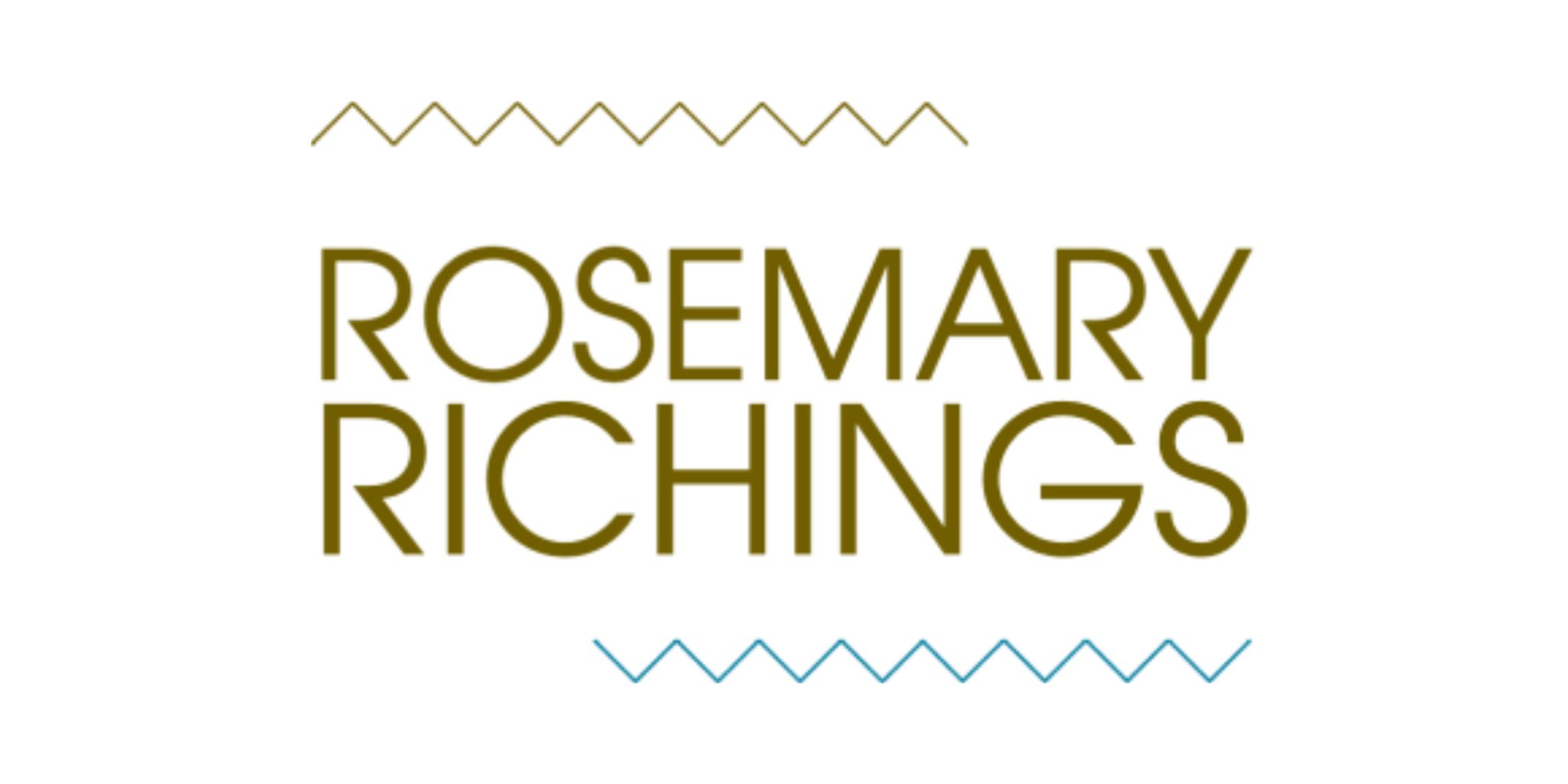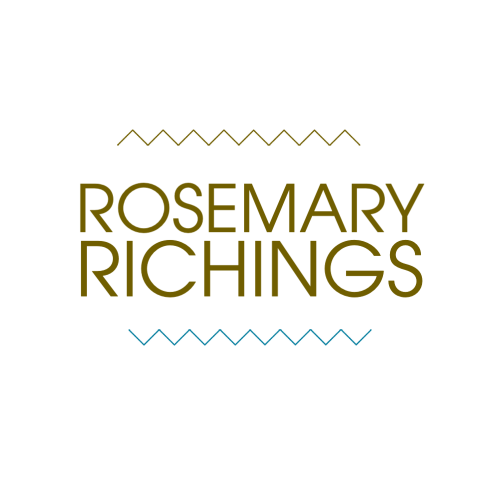If you’re not used to being critiqued by strangers, it can be a bit intimidating. In fact, I know that from experience. Because I used to be just like you. When I flashback to my first time submitting my writing to editors, it was nerve-wracking. FYI: It didn’t help that it was long before I took editing classes. So, the average editor felt like this hard to impress being that uncovered the secret to good writing. Then I got a bit older, a bit wiser, and a bit more experienced.
So, what’s my advice for getting your work critiqued by strangers for the first time?
The most important thing to remember about getting critiqued by strangers is this: it’s never personal. In fact, getting critiqued by strangers is always about other people. So, here’s how you know if it’s about the “right” people. Good editors will put the interests of their readers first while staying true to the original intention of the writer. That’s a tough balance to pull off but adaptation is a key skill to make it work.
However, editors are picky to keep the quality as high as possible. That’s exactly why you’ll occasionally hear the word “no”, despite your hard work and good intentions. So, if an editor finds your ideas unsuitable, submit it elsewhere.
But what about bad editors? Bad editors will make it about them with no explanation. Entire passages will be re-written to suit their tastes, rather than the person reading the content’s tastes. You’ll know you’re dealing with bad editing when you read the edited version, and it doesn’t sound like you at all.
Here’s how you can make the entire feedback process a lot less intimidating, and a lot more productive.
1) When getting your work critiqued by strangers, asking questions is encouraged. Because not every revision will make sense to you.
Editors decisions aren’t final. Because an important part of getting critiqued by strangers (more specifically professional editors) is the emphasis on discussion and collaboration.
Sometimes changes will make sense. And sometimes you’ll prefer your version of a specific sentence. When in doubt, explain your choices. Because the reader’s needs come first. However, to make your intention clear minor re-wording is necessary. And your editor can help you with that.
2) Making things even better is crucial. And you’re expected to part of the process.
Even when everything looks great, there’s always something you can do. Sometimes it’s as simple as finding a relevant photo. And sometimes it requires a bit more work than that (I.E: research, looking up analytics data, or talking to a subject matter expert).
Your editor is there to help, but there’s always something you can do to help. That’s exactly why I don’t take a “my way or the highway” approach. Instead, I ask for opinions and suggestions.
For example, here’s how I do for my editors and clients. Since so much of the writing I do is web-based, it’s often small things like not mentioning a competitor, or choosing a different quote. But more often than not, I’ll get notes like:
I want to know a bit more about that point. Please explain even more.
3) Hearing “this looks great” and nothing else isn’t really a good thing
Unless someone has already edited the content. When in doubt, remember this: if you’re not learning something from your edits, it’s pointless. If the editor doesn’t care about the rules and restrictions of the platform you’re using, it’s also pointless.
Because even the best writers make mistakes. That’s why other people editing your work is an opportunity to learn which mistakes happen the most.
4) On a related note, if it feels like a direct attack it probably is
If a conversation with an editor only leads to you feeling worse about yourself, they’re a jerk and you should probably switch editors.
But sometimes you’re just being too sensitive. Don’t worry. When I’m having a bad day, I still overreact to feedback. Knowing when you’re overreacting and when it’s a personal attack requires an understanding of what constructive criticism actually is.
So, let’s talk about the difference between constructive feedback and non-constructive feedback. Karen Hertzberg provided good advice, based on her experiences as a managing editor:
Don’t treat feedback the same as you would a review. In most cases, when someone asks you for feedback, you’re looking at a work-in-progress, not a finished product. Giving feedback is about finding ways to suggest improvements, not declaring the work flawed and walking away.
For instance, if more specific examples are needed, constructive criticism will go something like this: “this passage needs more specific examples of how this will benefit our industry. Because it may be unclear to them.”
However, if it’s non-constructive criticism, the editor will simply say: “why is this relevant,” and end the discussion there.
Most importantly, when getting critiqued by strangers remember this: editors are your friends…
So, the next time waiting a day or two for feedback feels overwhelming keep your eyes on the primary intention:
Making your message clear and accessible to the reader. If you do that, working with your first editor won’t feel nearly as terrifying as it likely is.
PS: New articles are published bi-weekly on Mondays. Browse more posts:
50+ B2B articles →
100+ writer-to-writer articles →




